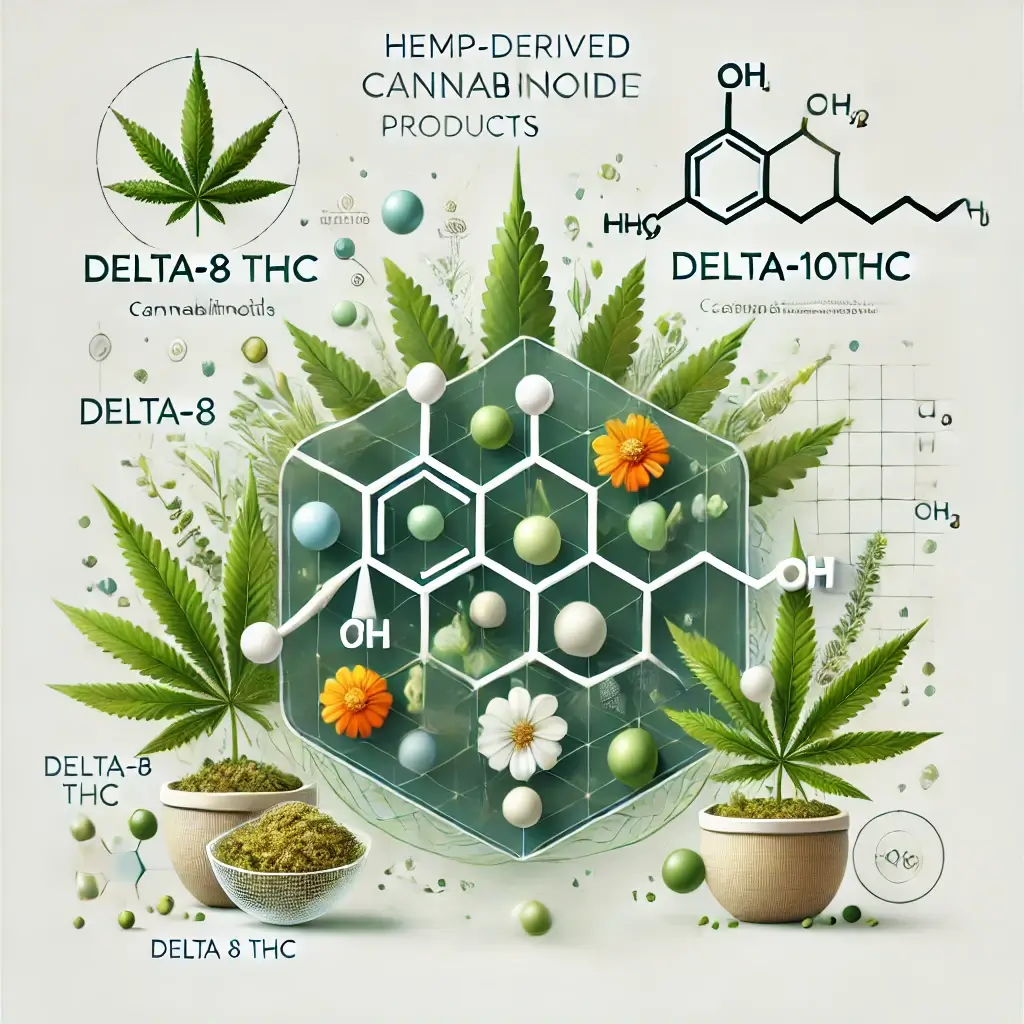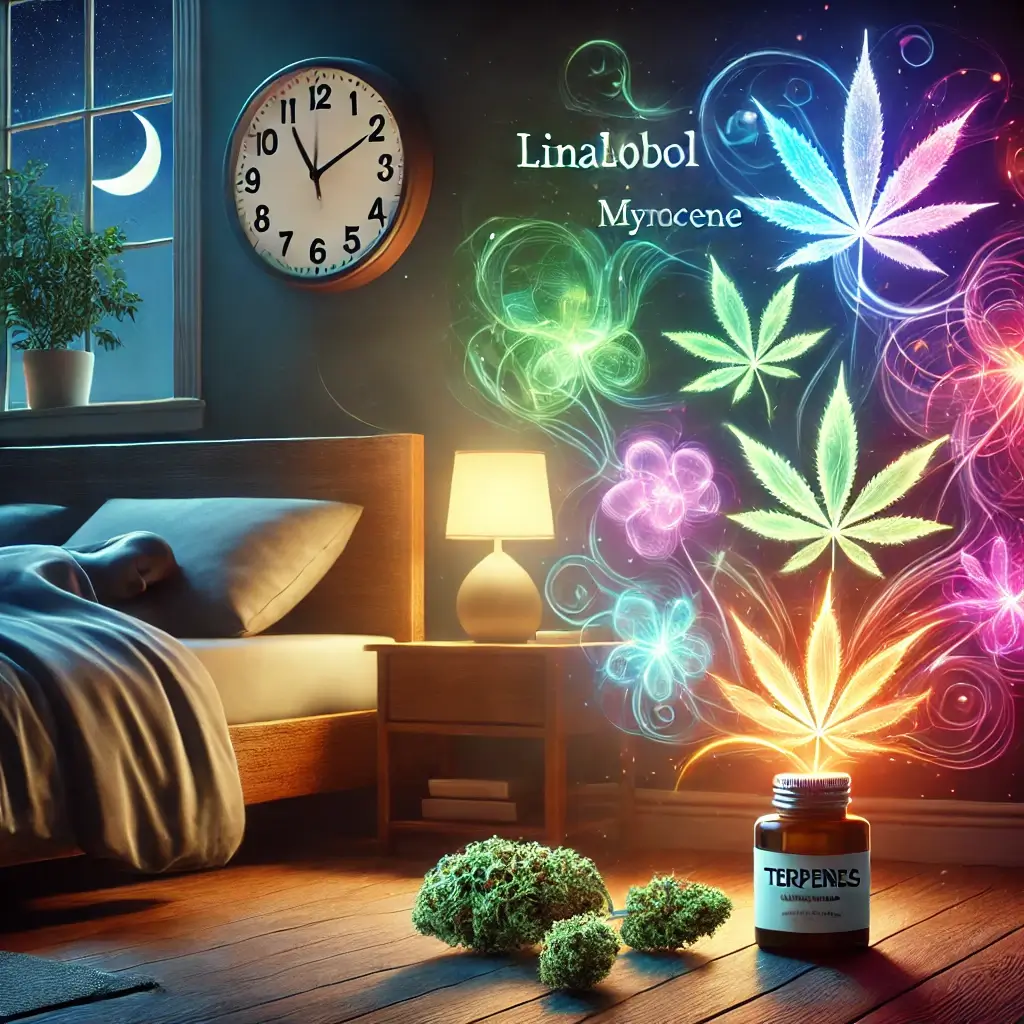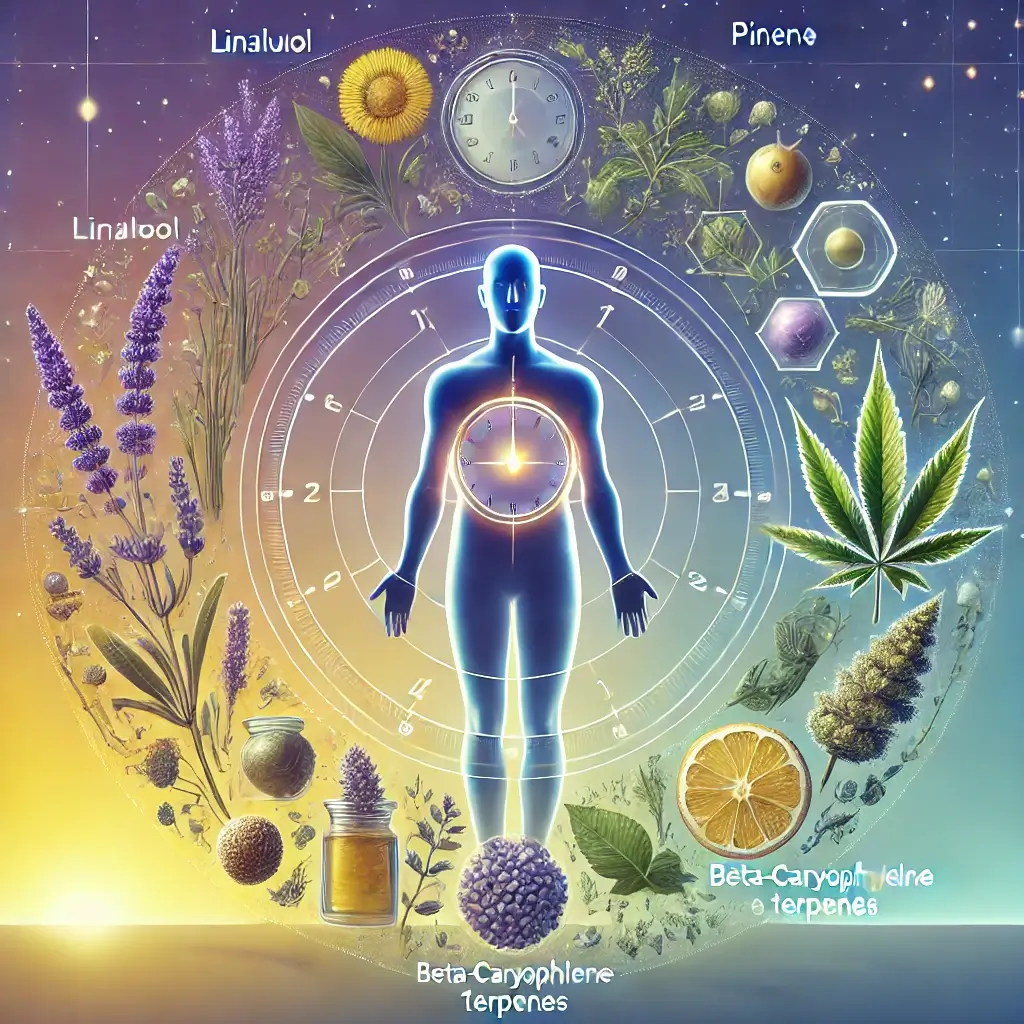Exploring Hemp-Derived Cannabinoids: What Research Reveals About Delta-8 and Delta-10 THC Benefits
Industry Evolution and New Cannabinoid Products
The cannabis industry continues to diversify, introducing new products and cannabinoids that expand the boundaries of wellness and recreational use. Hemp-derived delta products, such as delta-8 THC and delta-10 THC, represent a significant leap forward in providing alternatives to traditional cannabis. These compounds are derived from hemp and offer distinct psychoactive effects and therapeutic potentials, making them an appealing choice for a broad range of users.
Unique Properties of Delta Variants
Delta-8 THC and delta-10 THC differ in their effects and potencies, offering unique benefits compared to the well-known delta-9 THC. Delta-8 THC provides a gentle psychoactive experience that promotes relaxation, while delta-10 THC is associated with uplifting and energizing effects. These cannabinoids are synthesized from CBD extracted from hemp, ensuring they remain within the legal framework established by the 2018 Farm Bill. However, their production methods and legality have sparked debates among regulators, healthcare providers, and consumers.
Market Analysis and Consumer Education
This burgeoning segment of the cannabis market requires careful examination. From safety considerations to potential therapeutic applications, understanding hemp-derived delta products is crucial for making informed decisions. This article unpacks the complexities of these cannabinoids, offering a detailed exploration of their effects, safety, and legal standing to empower readers with knowledge.
Understanding Cannabinoid Differences
Delta-8 THC and delta-10 THC are part of a family of cannabinoids that interact with the body’s endocannabinoid system, producing psychoactive and therapeutic effects. Delta-8 THC: Often described as a “lighter” alternative to delta-9 THC, delta-8 THC provides a calm and clear-headed experience, making it ideal for anxiety management and sleep improvement. Delta-10 THC: Emerging as a potential mood enhancer, delta-10 THC offers energizing effects that may support focus and productivity, with anecdotal evidence suggesting benefits for managing mild stress and fatigue.
Production Safety and Quality Control
While hemp-derived delta products are generally regarded as safe, their synthesis from CBD involves chemical processes that can lead to impurities if not carefully monitored. This highlights the importance of choosing products tested by independent labs for: Residual solvents, Heavy metals, Pesticides. Consumers should start with low doses to gauge tolerance and avoid adverse effects, such as dry mouth, dizziness, or drowsiness. Furthermore, individuals with medical conditions or those on medication should seek professional advice before using these products.
Navigating Legal Frameworks
The legal status of delta-8 and delta-10 THC is one of the most contentious aspects of their rise. The 2018 Farm Bill legalized hemp and its derivatives with less than 0.3% delta-9 THC, inadvertently opening the door for delta-8 and delta-10 products. However, the legal framework remains ambiguous, resulting in a varied regulatory environment: Permissive Jurisdictions: States like Kentucky and Indiana allow delta-8 THC, provided products meet testing and labeling standards. Restrictive States: States such as Alaska and Rhode Island have outright bans, citing public health concerns and the lack of FDA oversight. For consumers, staying updated on local regulations is essential to avoid legal pitfalls.
Scientific Research and Medical Applications
Scientific research on hemp-derived delta products is still in its infancy, but early findings indicate significant therapeutic potential: Anxiety Relief: A study published in Frontiers in Psychiatry suggests delta-8 THC may alleviate symptoms of anxiety and stress, making it a promising option for those seeking milder alternatives to delta-9 THC. Pain Reduction: Anecdotal reports indicate both delta-8 and delta-10 THC could help manage chronic pain, particularly for conditions like arthritis. Energy and Mood: Delta-10 THC’s potential for boosting mood and focus offers exciting possibilities for individuals struggling with fatigue or mild depression, though more research is needed to substantiate these claims.
Future Outlook and Industry Impact
Hemp-derived delta products are a testament to the dynamic nature of the cannabis industry, offering consumers new ways to explore the benefits of cannabinoids. While delta-8 and delta-10 THC provide distinct advantages, their safe and responsible use depends on understanding their effects, production methods, and legal status. For consumers, prioritizing third-party tested products and consulting healthcare providers can mitigate risks and enhance the experience. Recent studies underline the therapeutic promise of these cannabinoids, positioning them as valuable tools for health and wellness. As science catches up with consumer interest, hemp-derived delta products will likely play an increasingly prominent role in cannabis innovation, bridging accessibility and therapeutic potential in meaningful ways.













